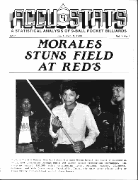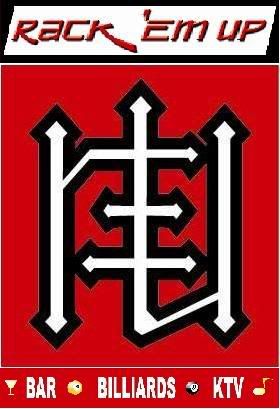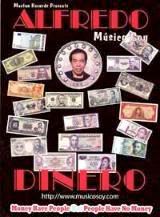Nonfossil fuels thrive on word tricks of persuasion
 While ethanol claims an increasing share of the Philippine fuel market, a once-common name for gasoline alcohol blends still remains unpopular and in relative disuse. Gasohol. It is the name given to gasoline/ethanol blends.
While ethanol claims an increasing share of the Philippine fuel market, a once-common name for gasoline alcohol blends still remains unpopular and in relative disuse. Gasohol. It is the name given to gasoline/ethanol blends. In the US, ethanol makers dislike the term because they experienced difficulties selling products associated with the noun. Motorists have associated the noun with engine-performance problems that many of them had experienced with such blends. And despite ethanol's new popularity as an automotive fuel additive, the term gasohol is colloquial at best. Of course, consumer attitudes about gasohol have reversed due to improvements in fuel chemistry and most importantly, the management of public opinion. Currently, ethanol in fuel is marketed as such offering supply and environmental advantages worthy of public support and, for Miguel Zubiri (candidate for a seat in the Philippine Senate), as a political battle cry. They believe, sincerely or not, that ethanol represents an energy panacea that costs next to nothing, despite clear proof to the contrary.
And a triumph of persuasion it was when President Gloria Macapagal-Arroyo signed the Biofuels Act of 2006 into law, i.e., the blending of biofuels shall be mandated in all fossil fuels for use in motor vehicles. Linguistic tricks persisted and continue to persist, which are an essential to the shaping of attitudes. Accordingly, "The Biofuels Act is expected to not only promote cleaner alternatives to fossil fuels but also spur growth of agro-industrial industries especially for crop feedstocks, e.g., sugarcane and coconut." However, despite hailing and promoting the new legislation as an economic breakthrough, the government has yet to explain how it will implement and police the change. Tsk.
Gasohol and biofuels - both are nouns. The later is the category, while the former is a subdivision of the more accepted noun. One just sounds better than the other because of linguistic tricks and management of public opinion. Indeed, words are astonishingly powerful! Words are our primary source of communication. They trigger our emotions and define our buying decisions, whether we like it our not. So, the next time you come across ads on Caltex's New Generation Diesel, Shell 's E10, and Petron's Diesel Max, etc., think. And think again! They are excellent examples of linguistic tricks influencing public opinion. And I kid you not!

















































0 comments:
Post a Comment